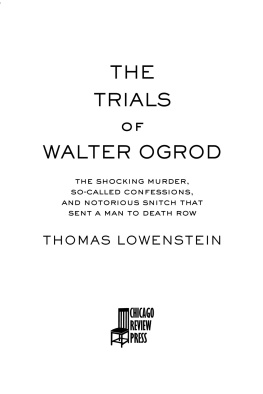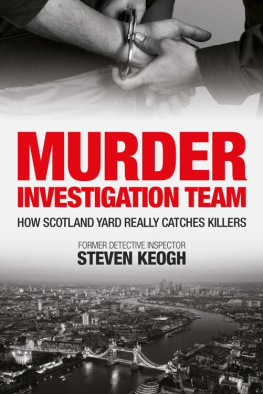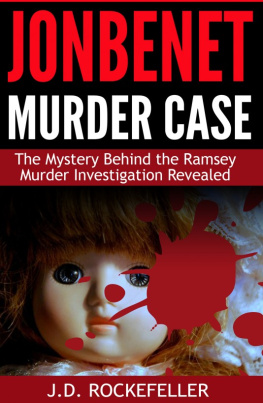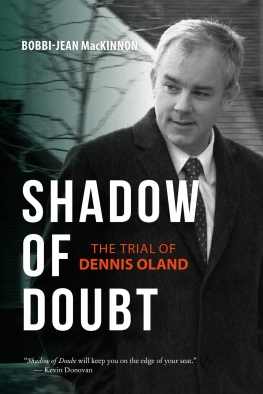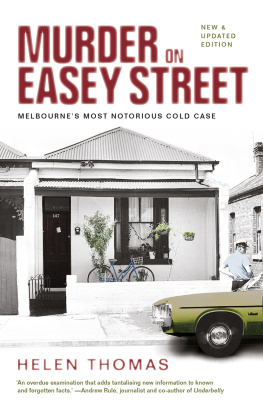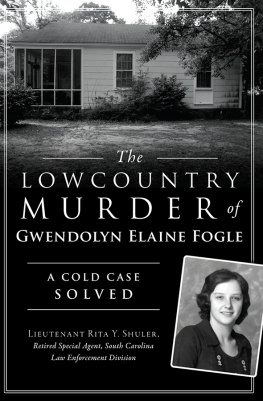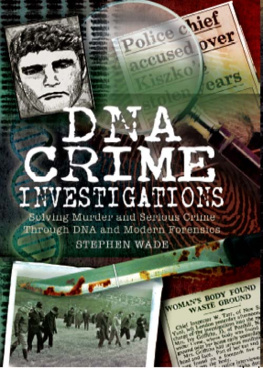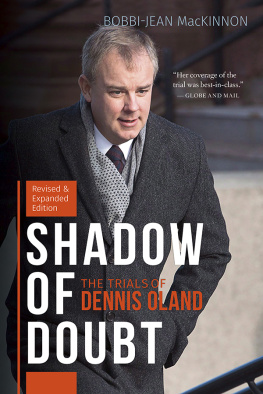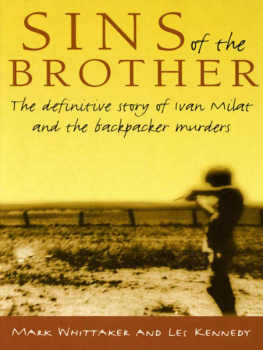Thomas Lowenstein - The Trials of Walter Ogrod: The Shocking Murder, So-Called Confessions, and Notorious Snitch That Sent a Man to Death Row
Here you can read online Thomas Lowenstein - The Trials of Walter Ogrod: The Shocking Murder, So-Called Confessions, and Notorious Snitch That Sent a Man to Death Row full text of the book (entire story) in english for free. Download pdf and epub, get meaning, cover and reviews about this ebook. year: 2017, publisher: Chicago Review Press, genre: Detective and thriller. Description of the work, (preface) as well as reviews are available. Best literature library LitArk.com created for fans of good reading and offers a wide selection of genres:
Romance novel
Science fiction
Adventure
Detective
Science
History
Home and family
Prose
Art
Politics
Computer
Non-fiction
Religion
Business
Children
Humor
Choose a favorite category and find really read worthwhile books. Enjoy immersion in the world of imagination, feel the emotions of the characters or learn something new for yourself, make an fascinating discovery.
- Book:The Trials of Walter Ogrod: The Shocking Murder, So-Called Confessions, and Notorious Snitch That Sent a Man to Death Row
- Author:
- Publisher:Chicago Review Press
- Genre:
- Year:2017
- Rating:3 / 5
- Favourites:Add to favourites
- Your mark:
The Trials of Walter Ogrod: The Shocking Murder, So-Called Confessions, and Notorious Snitch That Sent a Man to Death Row: summary, description and annotation
We offer to read an annotation, description, summary or preface (depends on what the author of the book "The Trials of Walter Ogrod: The Shocking Murder, So-Called Confessions, and Notorious Snitch That Sent a Man to Death Row" wrote himself). If you haven't found the necessary information about the book — write in the comments, we will try to find it.
The horrific 1988 murder of four-year-old Barbara Jean Horn shocked the citizens of Philadelphia. Plucked from her own front yard, Barbara Jean was found dead less than two and a half hours later in a cardboard TV box dragged to a nearby street curb. After months of investigation with no strong leads, the case went cold. Four years later it was reopened, and Walter Ogrod, a young man with autism spectrum disorder who had lived across the street from the family at the time of the murder, was brought in as a suspect.
Ogrod bears no resemblance to the composite police sketch based on eyewitness accounts of the man carrying the box, and there is no physical evidence linking him to the crime. His conviction was based solely on a confession he signed after thirty-six hours without sleep. They said I could go home if I signed it, Ogrod told his brother from the jailhouse. The case was so weak that the jury voted unanimously to acquit him, but at the last secondin a dramatic courtroom declarationone juror changed his mind. As he waited for a retrial, Ogrods fate was sealed when a notorious jailhouse snitch was planted in his cell block and supplied the prosecution with a second supposed confession. As a result, Walter Ogrod sits on death row for the murder today.
Informed by police records, court transcripts, interviews, letters, journals, and more, award-winning journalist Thomas Lowenstein leads readers through the facts of the infamous Horn murder case in compelling, compassionate, and riveting fashion. He reveals explosive new evidence that points to a condemned mans innocence and exposes a larger underlying pattern of prosecutorial misconduct in Philadelphia.
Thomas Lowenstein: author's other books
Who wrote The Trials of Walter Ogrod: The Shocking Murder, So-Called Confessions, and Notorious Snitch That Sent a Man to Death Row? Find out the surname, the name of the author of the book and a list of all author's works by series.

